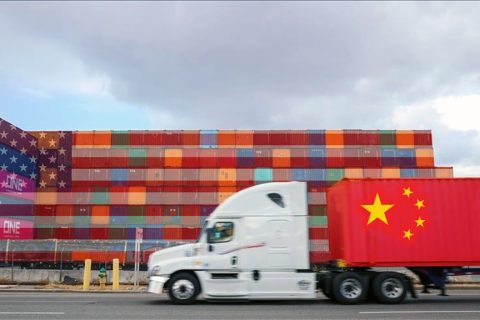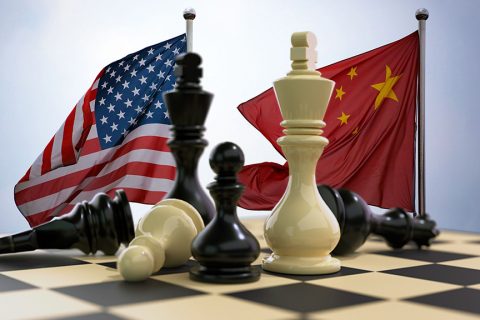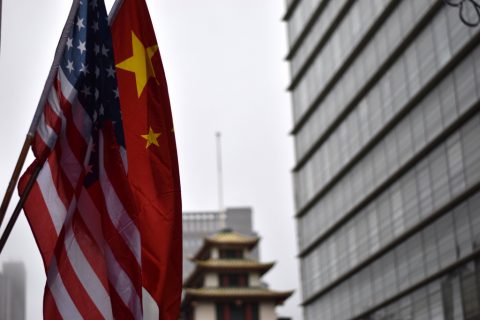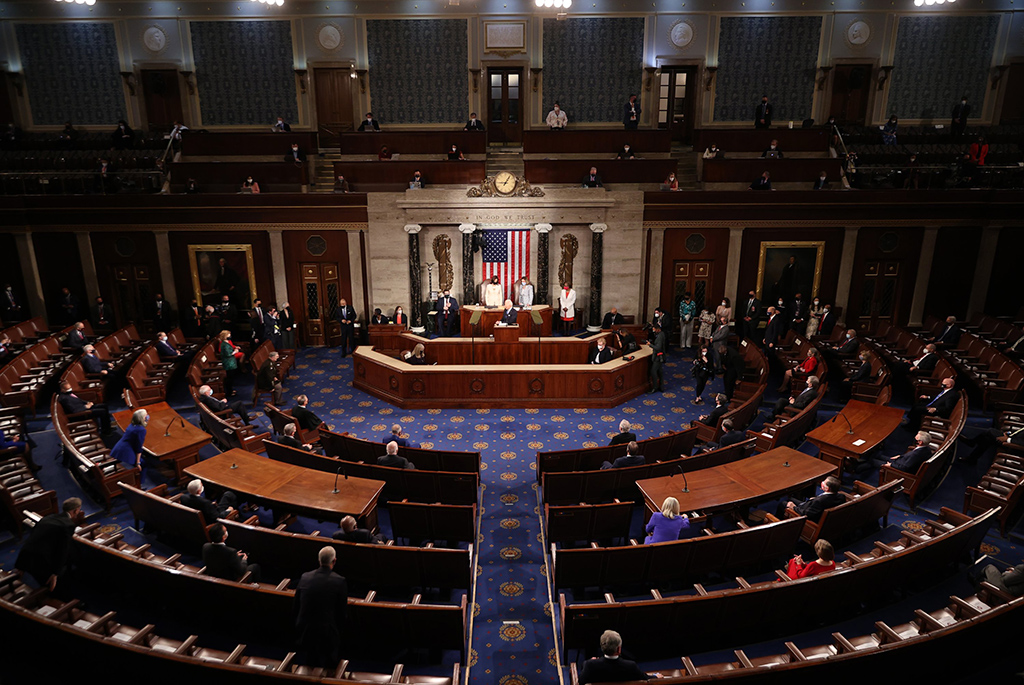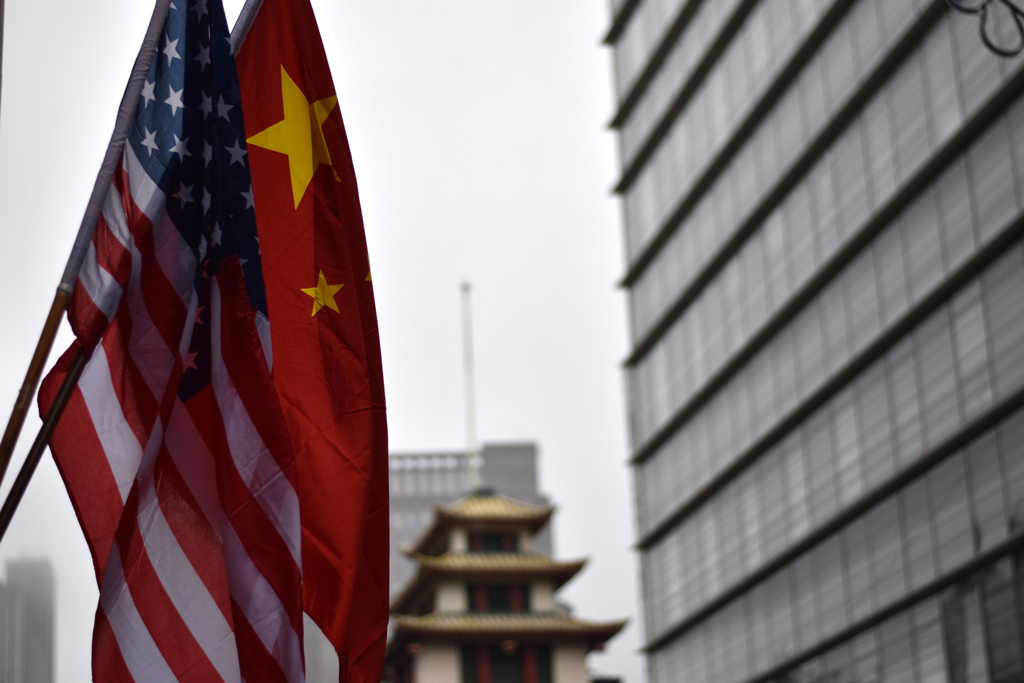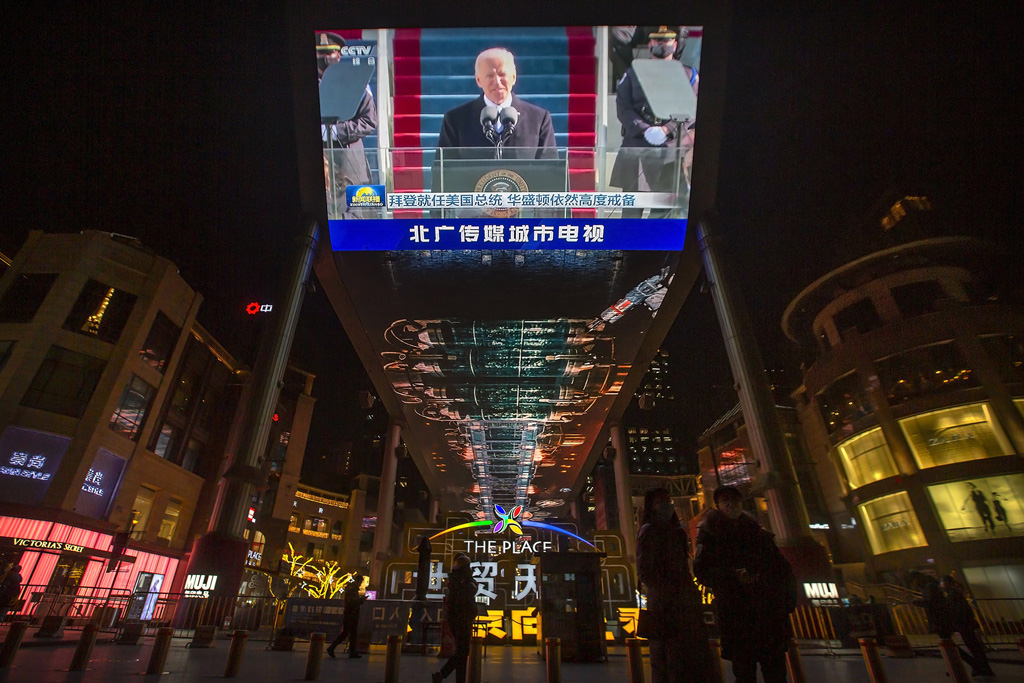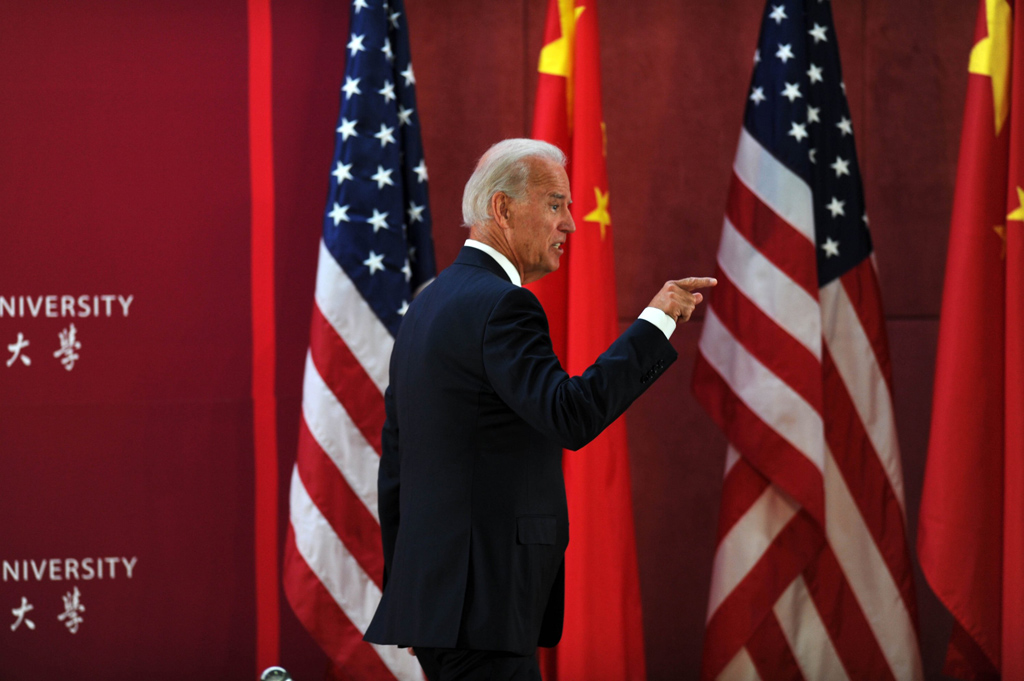US-China Relations
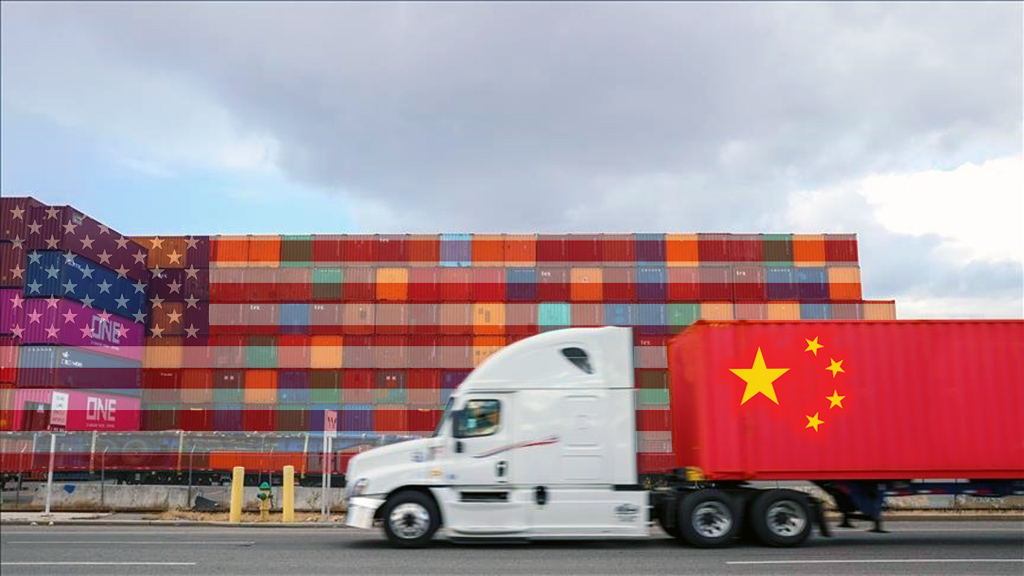
How the US is dealing with China’s economic hardships
| OpinionU.S. Commerce Secretary Gina Raimondo focused on managing trade issues between the two countries during …
-
Opinion
How the US is dealing with China’s economic hardships
By Kadir ÜstünU.S. Commerce Secretary Gina Raimondo focused on managing trade issues between the two countries during her four-day visit to China. Following her meeting with her Chinese counterpart Wang Wentao, Raimondo announced the creation of a joint forum to reduce tension. She emphasized that the Biden administration would not compromise on national security by advocating for restrictions on chip exports. Raimondo's visit marked the first by a U.S. Commerce Secretary to China in five years and followed visits by Secretary of State Blinken in June and Treasury Secretary Janet Yellen in July. It is clear that the Biden administration is continuing its economic struggle with China while attempting to reduce rising tensions to safeguard American economic interests and capital in the country.
-
Opinion
The limits of US-China economic rivalry
By Kadir ÜstünThe intense global economic rivalry between the US and China is leading to a fierce competition, particularly in the advanced technology sector. While Washington imposes measures to limit the export of high-tech products to China, Beijing is not sitting idle. A recent example is Intel, the giant US computer chip producer, retracting its decision to acquire Israel's semiconductor chip manufacturer, Tower Semiconductor. Intel had initially planned to acquire Tower to remain competitive in chip manufacturing and had obtained approval from American authorities. However, after waiting for 18 months without approval from Chinese authorities, Intel was forced to announce the cancellation of the acquisition. Intel, which generates 27% of its global revenues from China, avoiding jeopardizing this relationship, demonstrates how complex the economic battle between the US and China has become.
-
Opinion
Neither with nor without China…
By Kadir ÜstünThe Biden administration is struggling to formulate a comprehensive and effective China policy. While the Trump era saw constant pressure on China, attempting to limit its sphere of influence, the Biden administration embarked on a path of both competition and cooperation. Despite a general consensus across both parties about the need for the United States to contend with China, it is evident that crafting a concrete and effective China policy remains challenging. The planned visit of Secretary of State Blinken to China in February, expected to ease the escalating tensions and establish a "constructive" framework, was postponed due to the strain caused by the "spy balloon" incident, further highlighting the fragility and lack of trust in the relationship. However, there is no indication of any tangible outcome achieved during Blinken's visit.
Bu Konuda Daha Fazla
-
Spy Balloons: A new chapter in the US-China intelligence...
By Kadir ÜstünAlthough China refrains from responding to America's policy by using military force, its efforts to gather intelligence by violating the U.S. airspace show that the struggle will continue in different areas.
-
China-centric: Biden’s first 100 days in office
By Kılıç Buğra KanatIn an address to U.S. Congress last week, President Joe Biden discussed his first 100 days in office. It was a critical period considering the ongoing global pandemic and deep divisions in American society.
-
US-China technology war looming on the horizon
By Kılıç Buğra KanatFor the last three months, since the inauguration of Joe Biden as president of the United States, we have seen an increasing recalibration of U.S. foreign policy. First off, the administration is trying to end the long wars that have haunted U.S. foreign policy over the last two decades.
-
Since inauguration, Biden pushes red alert for China
By Kılıç Buğra KanatThe Biden administration's initial foreign policy statements and announcements demonstrate that China is the most significant priority of the United States.
-
Biden’s road map in Sino-American relations
By Kılıç Buğra KanatThe new U.S. administration is expected to bring about many changes in U.S. foreign policy. Many believe that Washington will reengage in global initiatives, such as the Paris climate accord, and U.S. foreign policymakers are expected to coordinate their policies more closely with U.S. allies in the Atlantic and Pacific.
